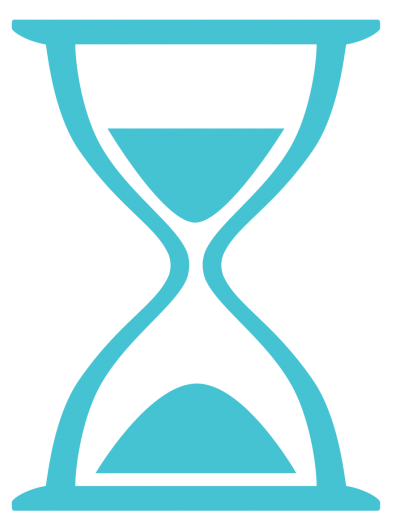
Seven steps to get started in data analytics
In this section we provide a step by step guide to get started in data analytics.
Going through this process will help you to pick up the basics in a few months and enable you to solve simple business problems.
Seven steps to get started in data analytics
In this section we provide a step by step guide to get started in data analytics.
Going through this process will help you to pick up the basics and enable you to solve simple business problems.
- Take an introductory course book to get familiar with the basics, e.g. An Introduction to Statistical Learning - with Applications in R (book by Gareth James et alii).
If you prefer learning by watching, you can watch video tutorials instead.
Free Video tutorial on machine learning
- Install a free software package that enables you to do statistical and mathematical modelling.
There is a range of tools out there, but R or Python are a good starting point. Links to R, R studio and related course material:
Links to R, R studio and course materials:
Download R (Cran)
Download R studio
Learn R – Course materials and books
As an alternative, you may wish to use Python (another free software package) instead, please refer to the Materials section for guidance on installation and description of features.
Python Download (Anaconda)
Python Course Material (Reddit)
3. Take publicly available dataset (e.g. UK road accident data or Irish Government Database) and practice the R algorithms as described in the course book.
- Participate in an introductory data analytics competition - we suggest the Titanic competition run by Kaggle on an ongoing basis where you will need to predict the survivors of the disaster.
Test data are provided plus a number of online forums and tutorials, all for free. -
Read a few articles on how to apply data analytics in insurance. This will provide you with a few ideas for practical application.
SOA case study: Case Study on Use of Analytics Consumer Sales Marketing.
- Apply your new skills and knowledge on a real world data set at work or use publicly available data.
- Share your success story with others (while adhering to rules around confidentiality).
The Data Analytics Subcommittee of the Society is happy to assist with organising meetups, workshops or presentations to a wider audience.
Furthermore, there is a vibrant data analytics community in Ireland and around the globe. Most data scientists are happy to share their codes to inspire others and improve algorithms (see information on Meetups in the Materials section).
Back to Data Analytics homepage